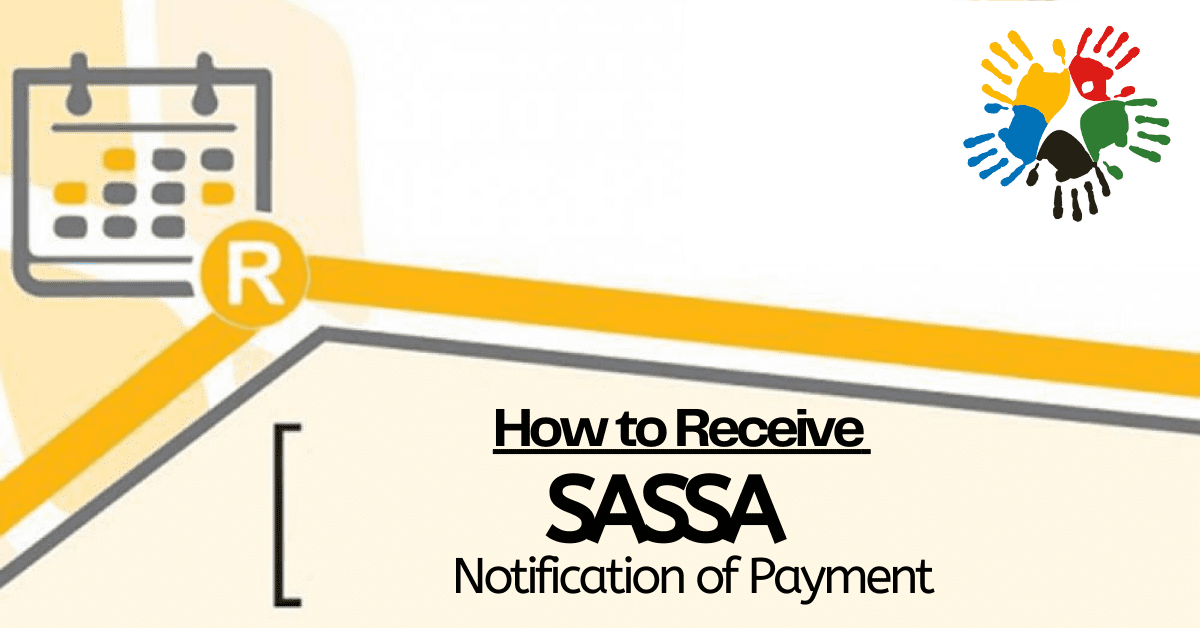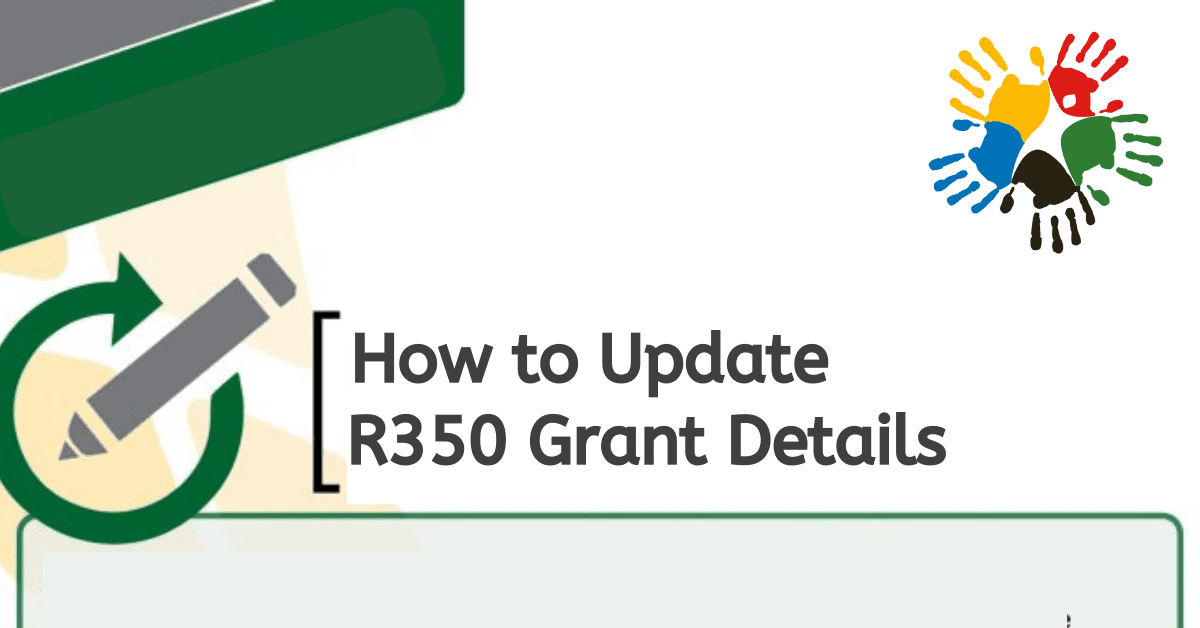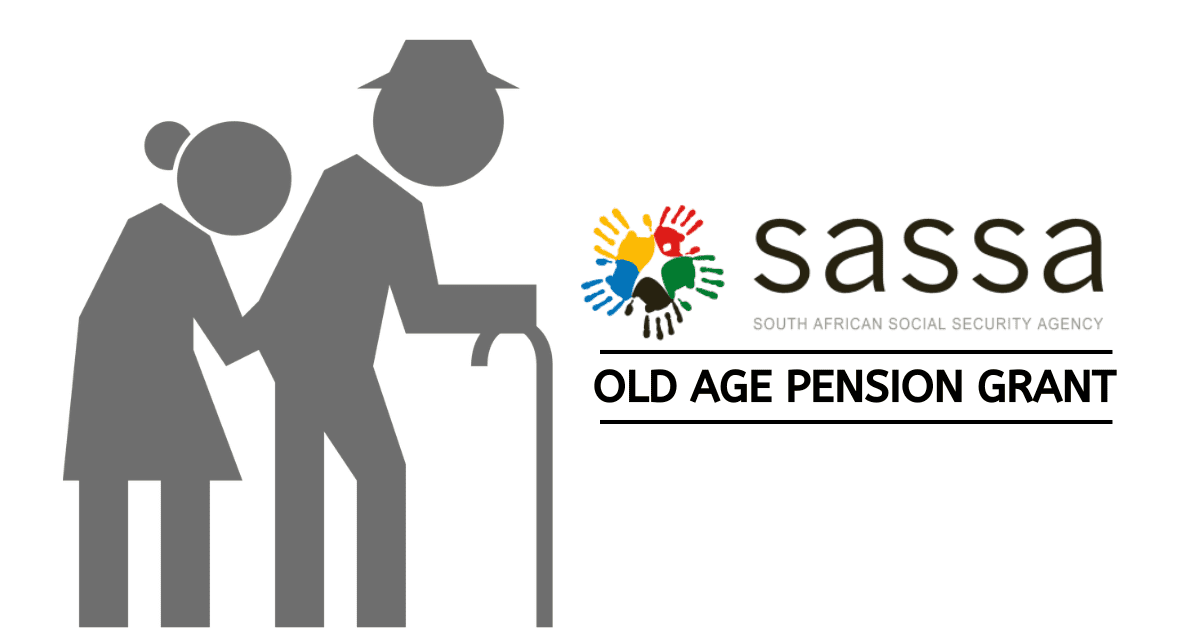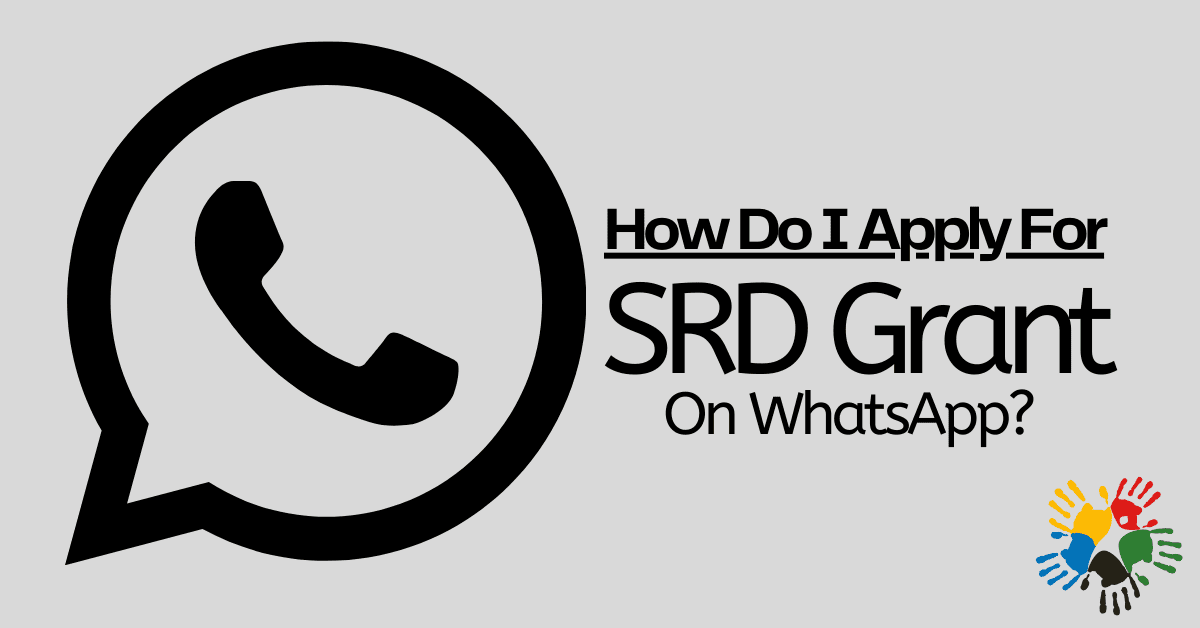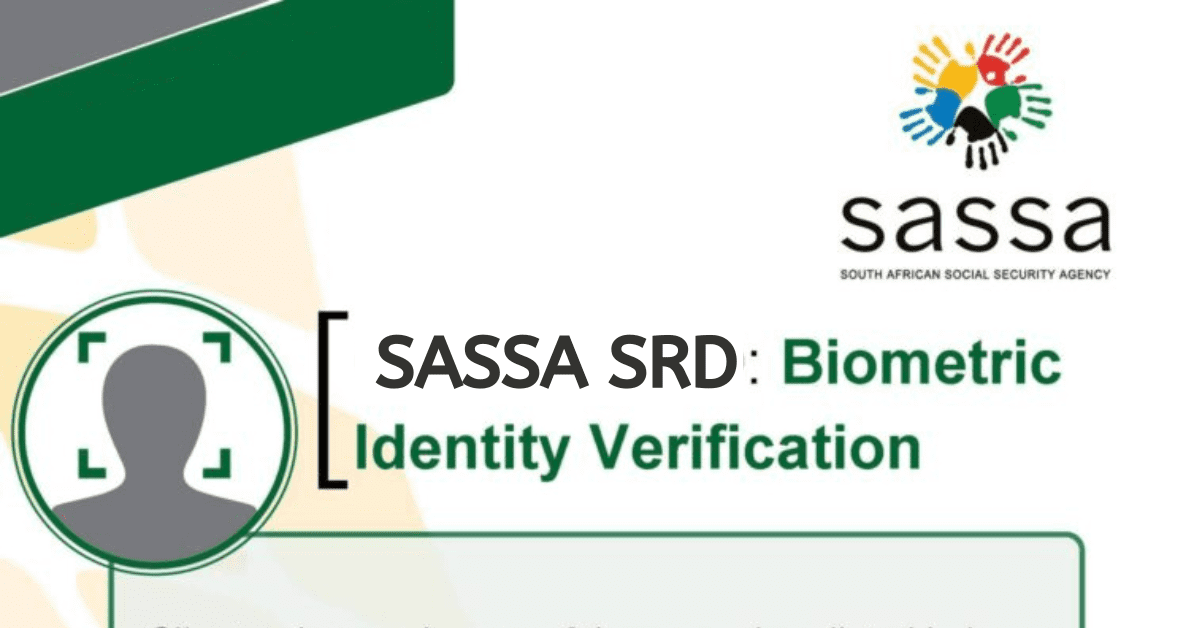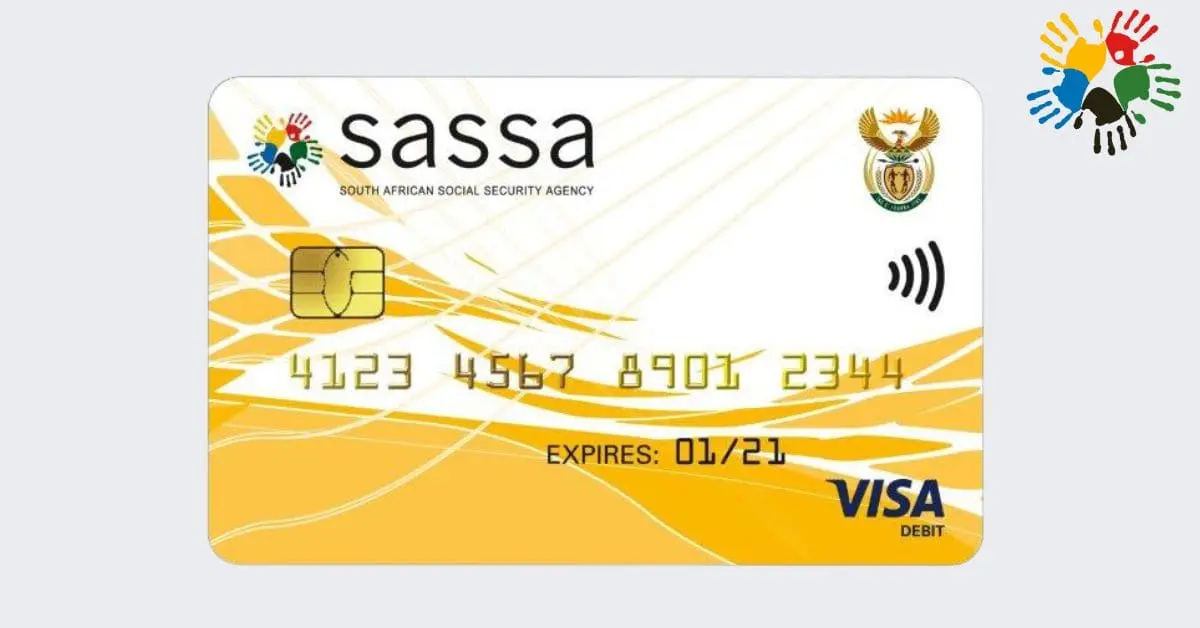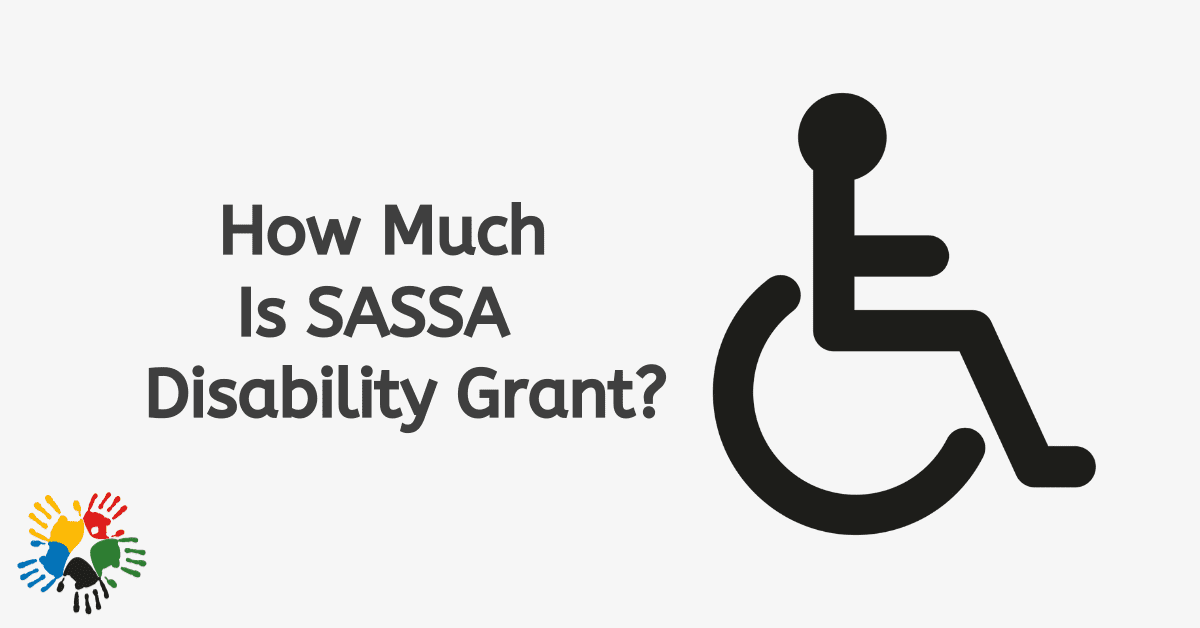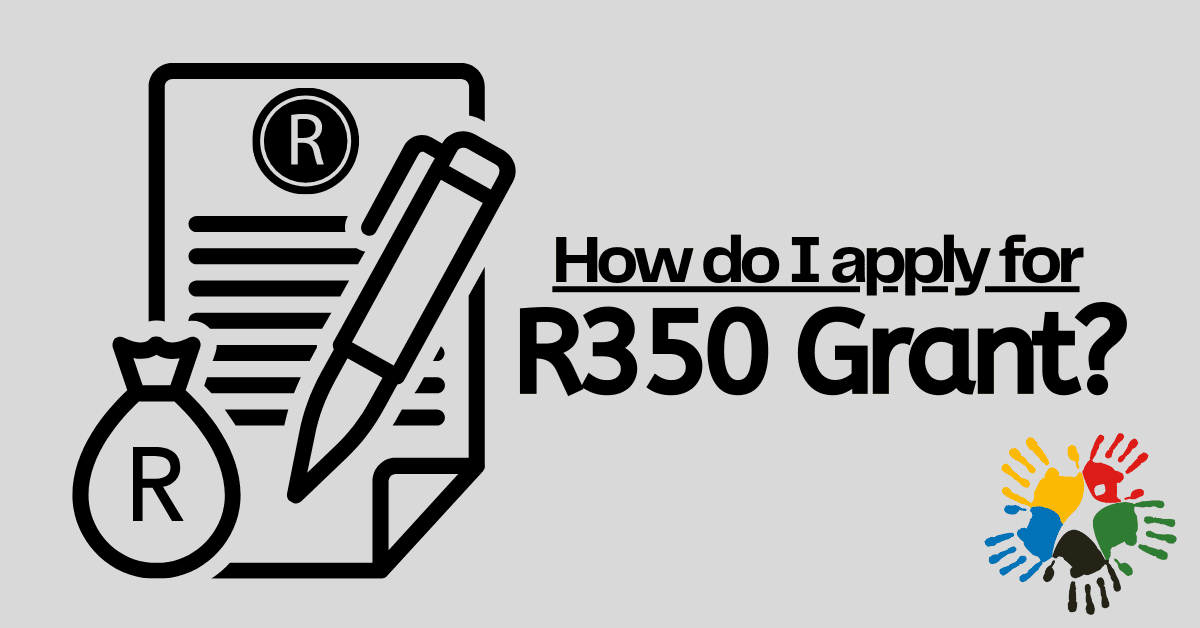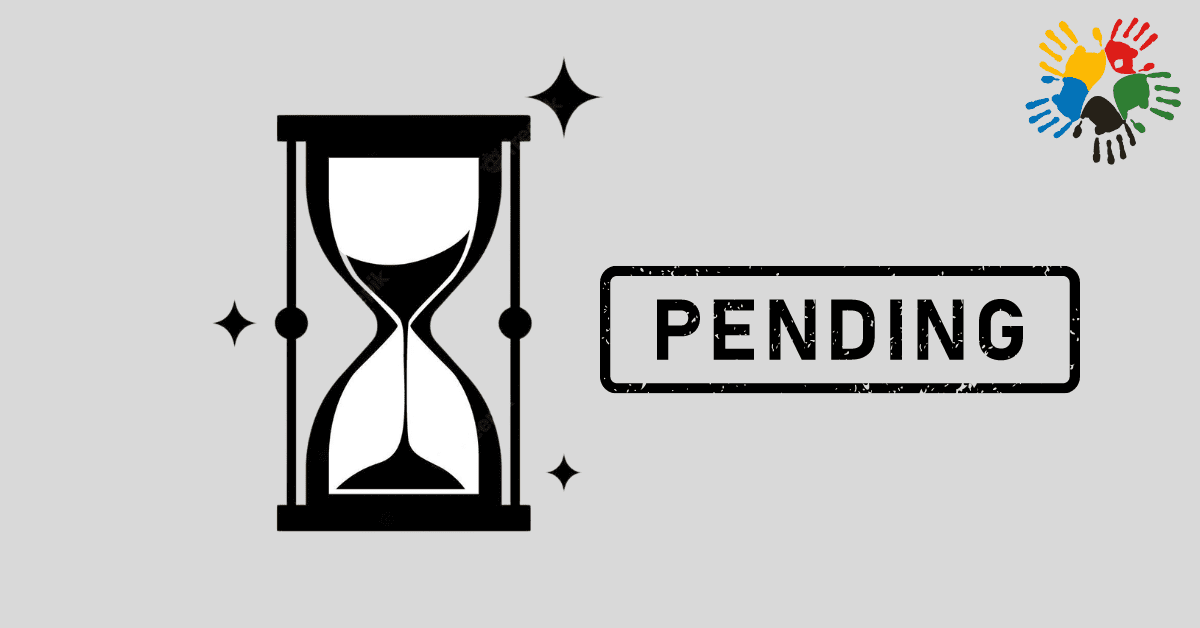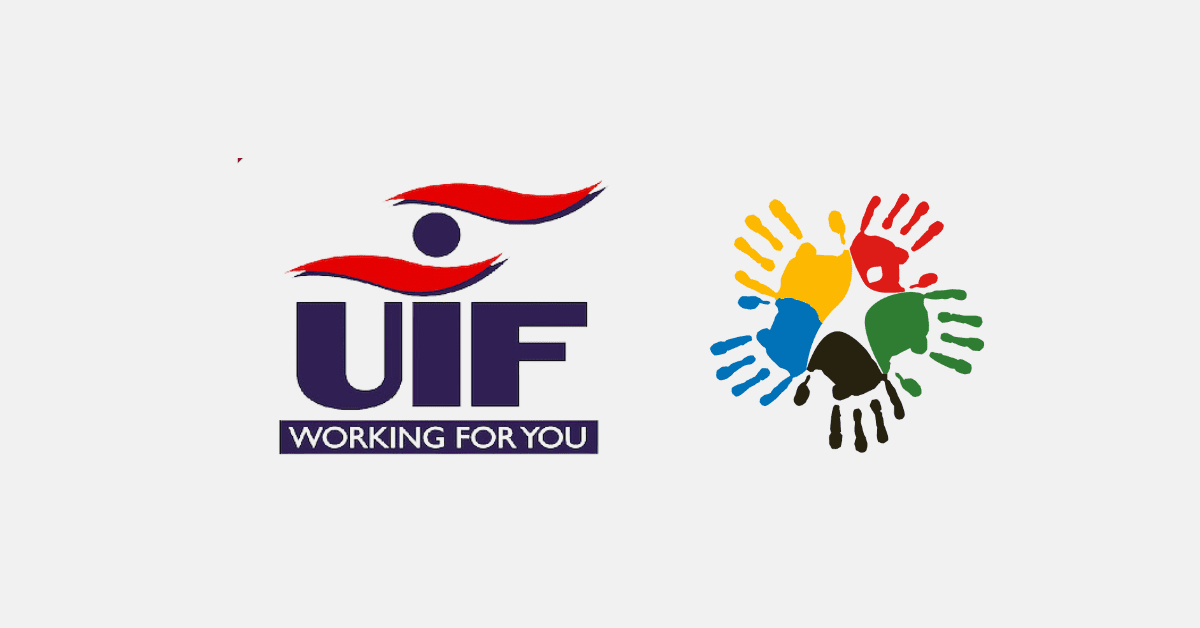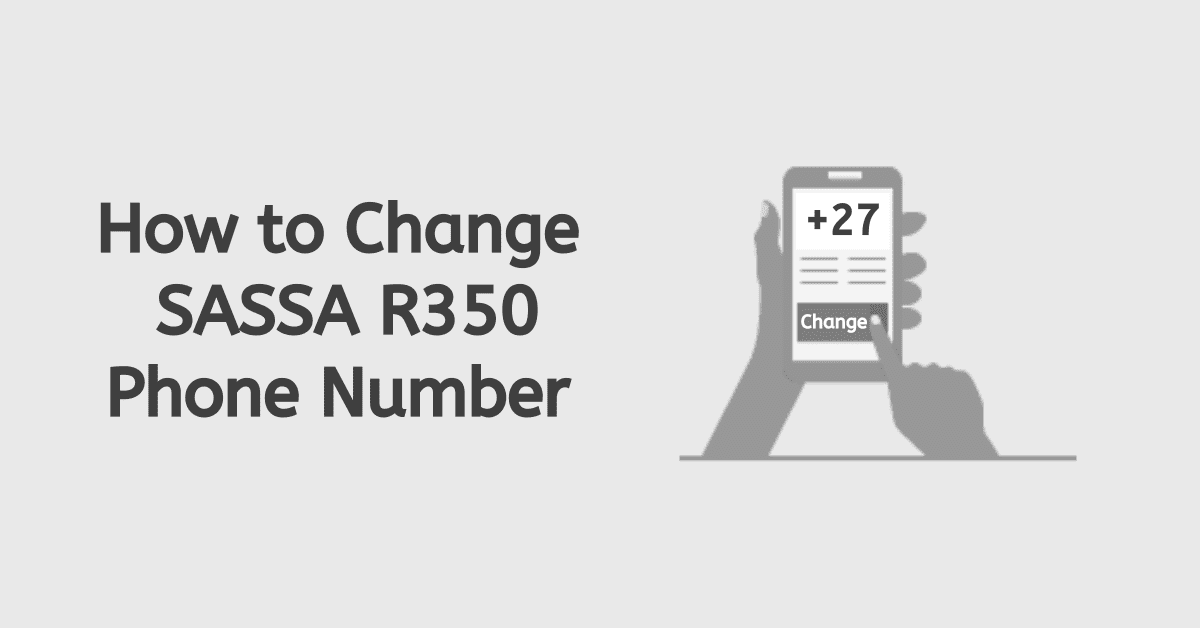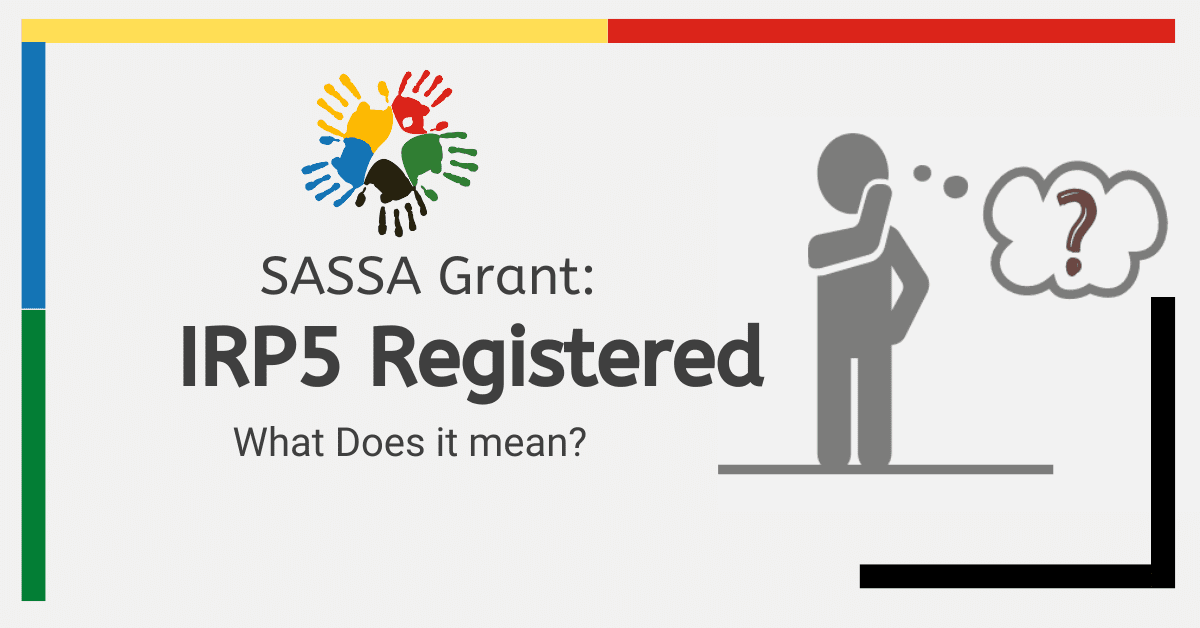Parents and legal guardians of children under 18 who require full-time care due to a mental or physical handicap may qualify for a monthly payment from the government known as SASSA Care Dependency Grant.
This grant is only available to applicants whose income is below a certain threshold, which a means test will ascertain. This article will explain how to apply for this government grant and discuss the criteria in more detail.
Who Qualifiers for Care Dependency Grant
To qualify for a Care Dependency Grant, there are specific criteria that need to be met. The grant will only be made available to those whose entire family income is below a specific threshold.
The income threshold for homes with joint incomes, which includes the applicant, the applicant’s spouse, and the child, is less than R446,400 per year. Whereas, the income threshold for a single person is less than 223,200 per year. The incomes of foster parents are not taken into consideration.
Other criteria include:
- You and the child both need to be citizens and residents of South Africa at the time of applying
- You must be legally responsible for the child, such as a parent or legal guardian
- You must submit a medical report for the child confirming a permanent, severe disability
You will not qualify for the Care Dependency Grant:
- If the child is in a psychiatric hospital or receives care from a treatment centre
- If you have already received a Child Support Grant
Documents needed to apply for Care Dependency Grant
If you are deciding to apply for the Care Denedency Grant, you should be aware of the process and documents required. The application can only be completed at your nearest SASSA office and in the presence of a SASSA official.
Here are the documents you will require:
- Your bar-coded South African ID document
- The child’s birth certificate, which must have an ID number
- A full medical report for the child
- A court order making you the foster parent (only if applicable)
- Proof of your marital status or a sworn affidavit if you were never married
- Proof of your spouse’s income (only if applicable)
- Proof of the child’s income
These additional documents will be required in certain instances as well:
- If you are not the child’s parent, you will need to provide proof that you are the caregiver of that child. This can be an affidavit from a police official or the biological parent, a social worker report, and/or a letter from the school principal of the school the child attended.
- If you are married, you will have to provide a copy of your marriage certificate.
- If you are the biological parent and sole provider for the child, you will need to provide proof that you have tried to get the other parent to contribute to child maintenance for the child.
- If you are unemployed, you will need to provide proof from UIF or a discharge certificate from your previous employer.
- If you are a refugee foster parent, you must provide your refugee status permit and ID.
- If you are the child’s foster parent, you must provide the court order that placed the child in your care.
If you are too old on ill and cannot go to the SASSA office to apply, you can ask a family member to apply on your behalf, but they will need to take a letter from you or a doctor explaining why you cannot visit personally.
How to Apply for your Care Dependency Grant
Suppose you are deciding to apply for the Care Dependency Grant. In that case, you should be aware that the application can only be completed at your nearest SASSA office and in the presence of a SASSA official.
Applicants that are too old or ill and cannot go to the SASSA office to apply can ask a family member to apply on their behalf, but they will need to take a letter from the applicant or a doctor explaining why they cannot visit personally.
You are urged to check that you have all the relevant documents as detailed in the section above to minimise the chances of your application being delayed or declined.
SASSA will refer the child for a medical assessment from a state-approved medical office before the application is processed unless you already have one in your possession.
Once the application is complete in the presence of the SASSA official, you will be given a receipt, which you must keep as proof that you applied.
How much does SASSA pay for caregiver?
The amount of the Care Dependency Grant changes annually. At the time of writing, the monthly grant amount is R1,980 per child.
Grant recipients that are unable to collect these payments by themselves are allowed to appoint a procurator at the SASSA office, or their power of attorney will be allowed to collect the grant on their behalf.
How long does it take for care dependency grant to be approved?
Once you’ve completed the application process at the SASSA office, it takes approximately 30 business days for the application to be fully processed. After careful review, the application will either be approved or denied, and you will receive a letter confirming your application’s status. If your application was declined, the letter you received would provide detailed instructions on how to appeal the decision.
If your application is approved, payments will start being made to you within three months and will be backdated to the day of your original application. If you require an update on your application, you can call the SASSA helpline on 0800 601 011.
How is the Carers grant paid?
One of the following methods will be used by SASSA to make Care Dependency Grant payments:
- Cash at a specific PayPoint on a particular day of the month
- EFT to your Postbankk account
- Through an institution acting as the administrator of the grant

